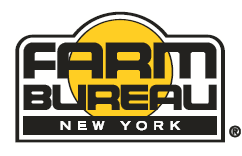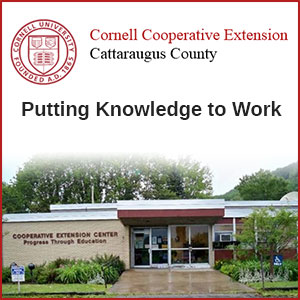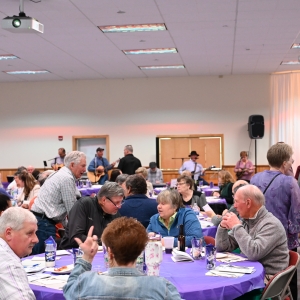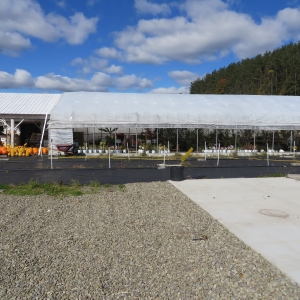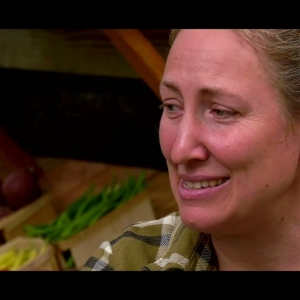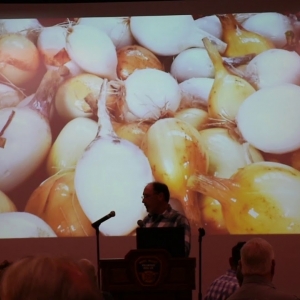Other Ag News:
WASHINGTON, August 27, 2025 – U.S. Secretary of Agriculture Brooke L. Rollins today announced the U.S. Department of Agriculture (USDA) has taken the next step in the rulemaking process for rescinding the 2001 Roadless Rule by opening a public comment period.
(Washington, D.C., August 26, 2025) – U.S. Department of Health and Human Services (HHS) and the U.S. Centers for Disease Control and Prevention (CDC) recently identified an instance of a traveler-associated human case of New World screwworm (NWS) in the United States. The U.S. Department of Agriculture (USDA) reaffirmed its robust surveillance and trapping strategy, confirming there have been no detections of NWS in U.S. livestock.
Pages
Signup for the Ag Newsletter
Get the freshest farm news, events and updates from in and around Cattaraugus County, NY at least once a month! Go signup!
Other ways to stay connected:
Get Involved in Farming
Resources for Starting a Farm in Cattaraugus County
Profile of Cattaraugus County soils
Agriculture Career Exploration
Questions about farming? Find out Who to Call

